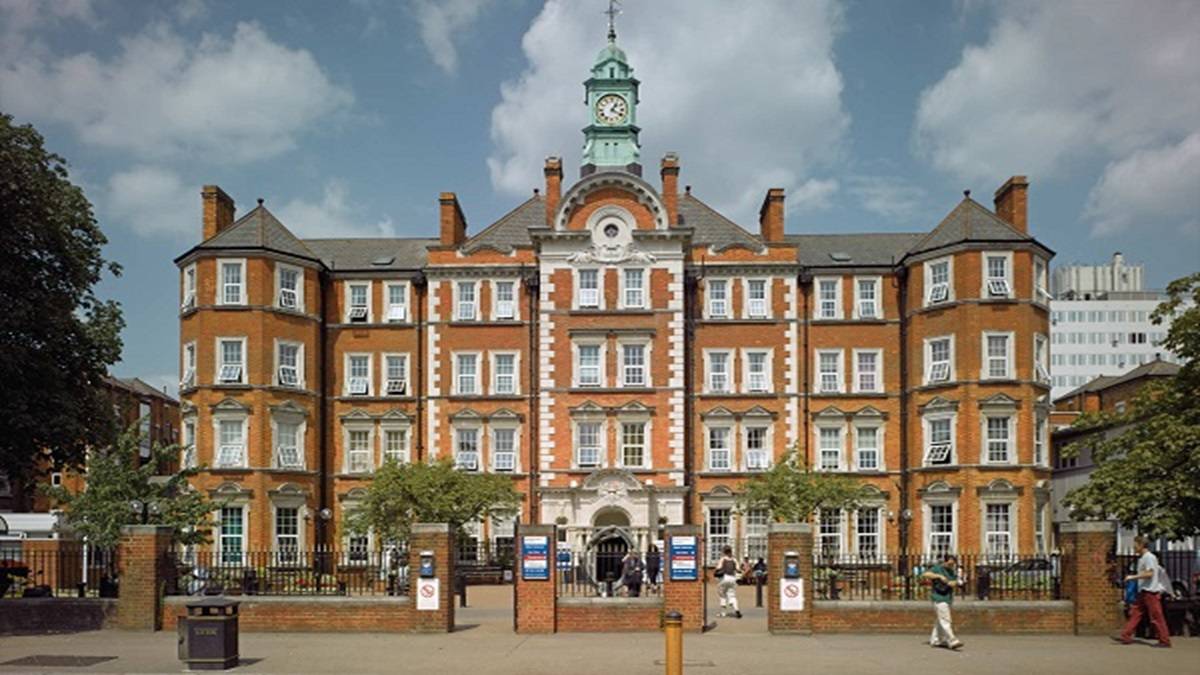Imperial College London: Bioengineering Makes Robotic Limbs Feel Natural
The new research by the scientists at the Imperial College London paving the way for more natural-feeling prosthetics. The researchers have deciphered the signals between the brain and hand movements.
The prosthetic limbs currently given to people do not respond in a 'natural' way as per the requirements of the patient. To find an alternative, the researchers at the Imperial College London have unpicked the connections between the control patterns from motoneurons in the spinal cord and hand movement patterns. The researchers used technology to decipher these patterns.
Professor Dario Farina, from Imperial College London’s Department of Bioengineering, said, “Our innovative approach of combining bioengineering and robotic technology has opened the door to a new era of prosthetics. The increased freedom and independence limbs like our soft robotic hand offer could be transformational for the millions of people around the world who rely on such technology.”

Co-first author and Research Associate at Imperial's Department of Bioengineering Dr Deren Barsakcioglu said, "Our research aims to create prosthetic hands that not only look natural but also feel intuitive to use. By integrating design elements inspired by natural hand postures with control systems that decode synergistic neural signals, we’re taking an important step toward enhancing everyday quality of life for users."
Imperial, TUM Germany Launch Research Centre To Tackle Particle Pollution
Technical University of Munich (TUM) Germany and Imperial have introduced a joint research centre for handling particle pollution. The centre will bring together Europe's industry experts, scientists and policymakers to support the major shift in industrial design by creating sustainable and pollution-reducing technologies.
Professor Hugh Brady, President of Imperial College London, said, “Pollution threatens human health and society. This new Centre brings together world-leading expertise and cutting-edge facilities from two of the world’s top universities to confront these challenges head-on. In its first major research focus, it will examine how particle pollutants, including microplastics, trigger inflammation and tissue damage, paving the way for new detection tools and solutions.”
Professor Thomas F. Hofmann, President of TUM, said, “Understanding the mechanisms of how man-made particles weaken health resilience is crucial for the development of effective countermeasures. We want to make a concrete contribution to preparing our society for the new dangers and health challenges they pose.”
Read more:
Pick your stage and get free guidance from counsellors who've helped thousands get into top universities.
 Starting research
Starting research Shortlisting colleges
Shortlisting colleges Exam preparation
Exam preparation SOP/LOR writing
SOP/LOR writing Scholarship & finance
Scholarship & finance Visa application
Visa application

